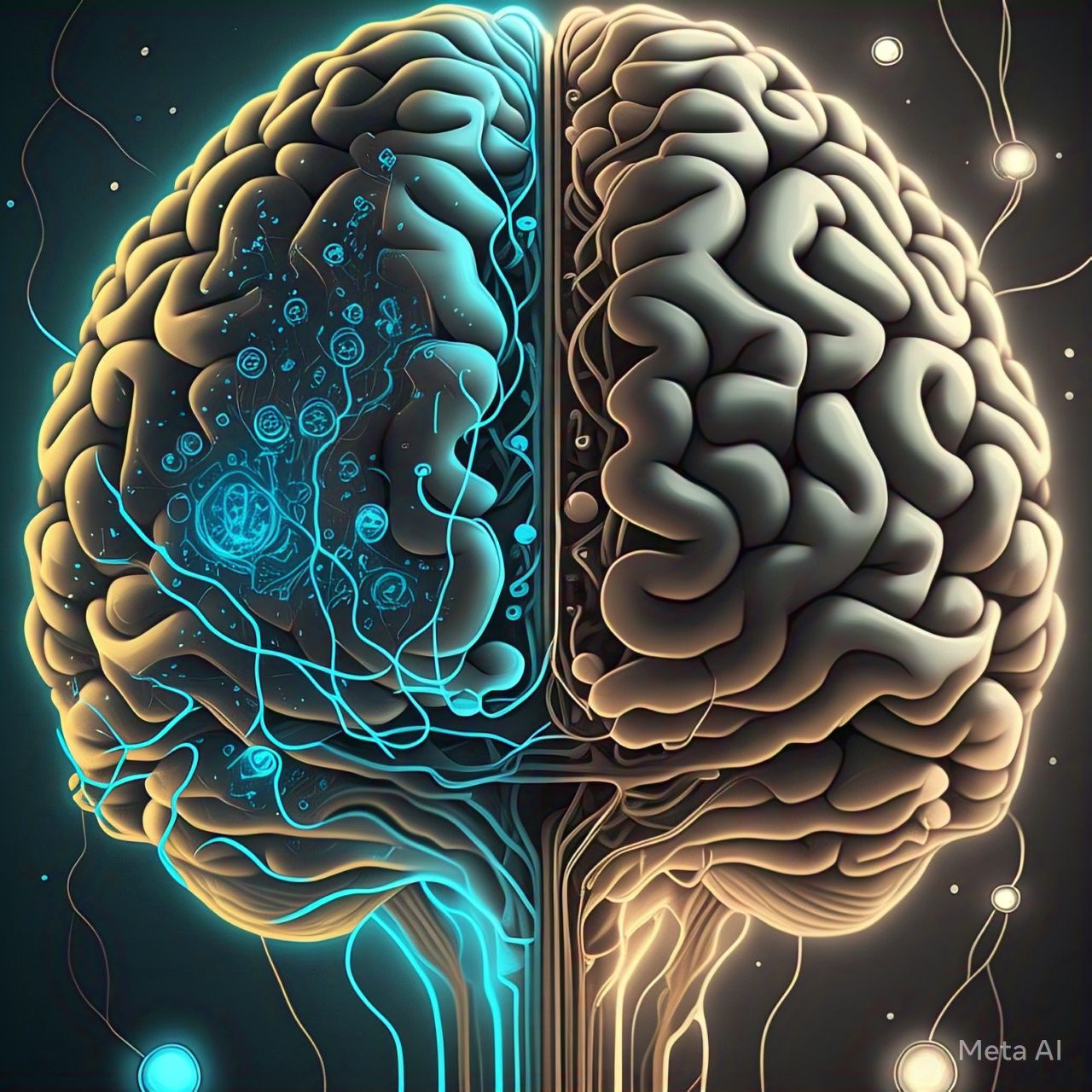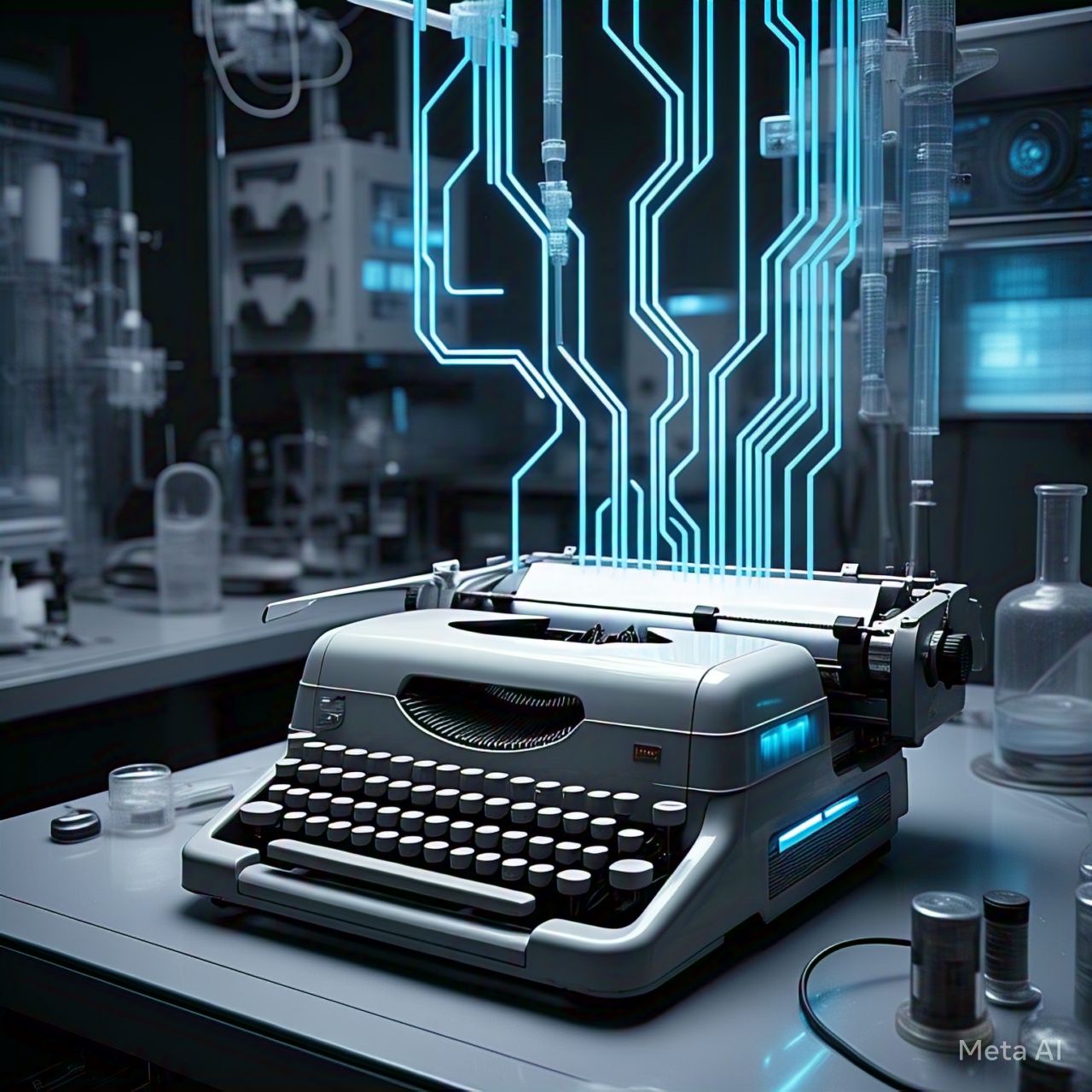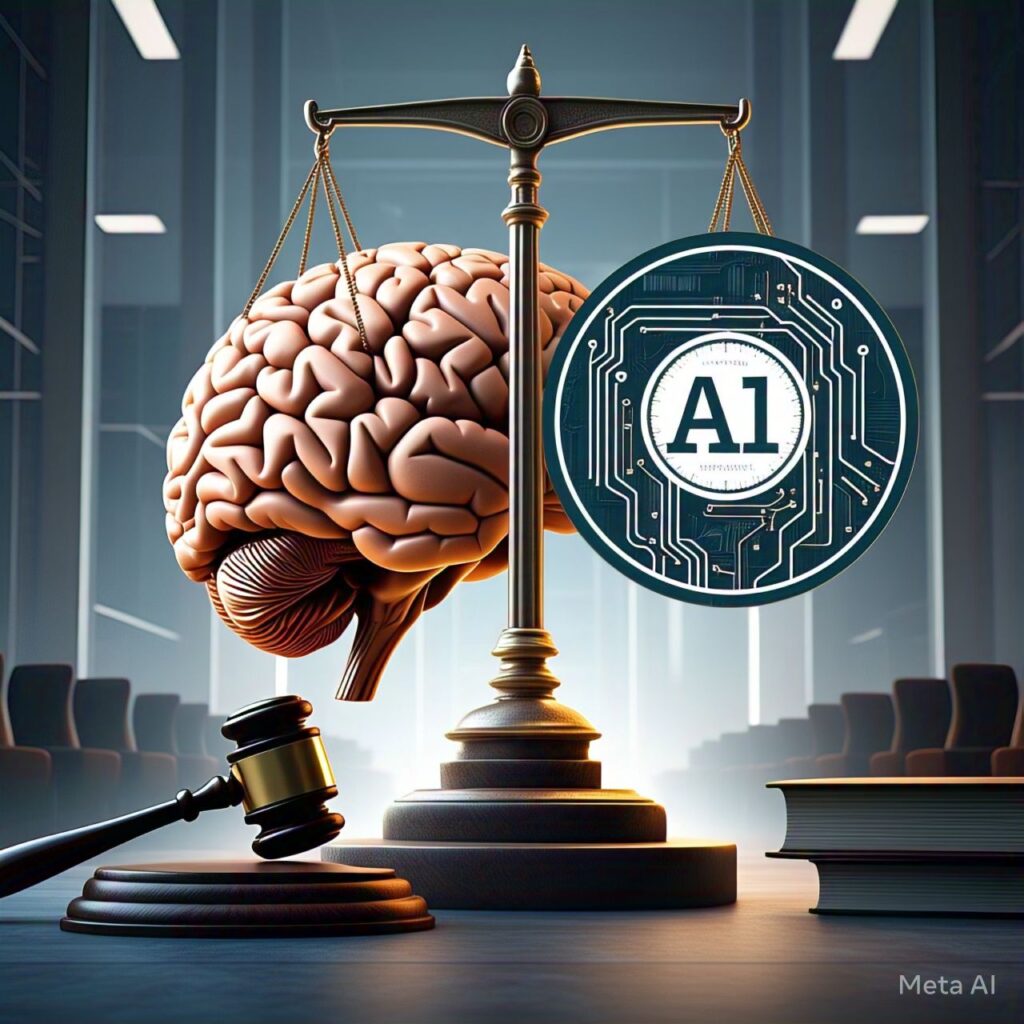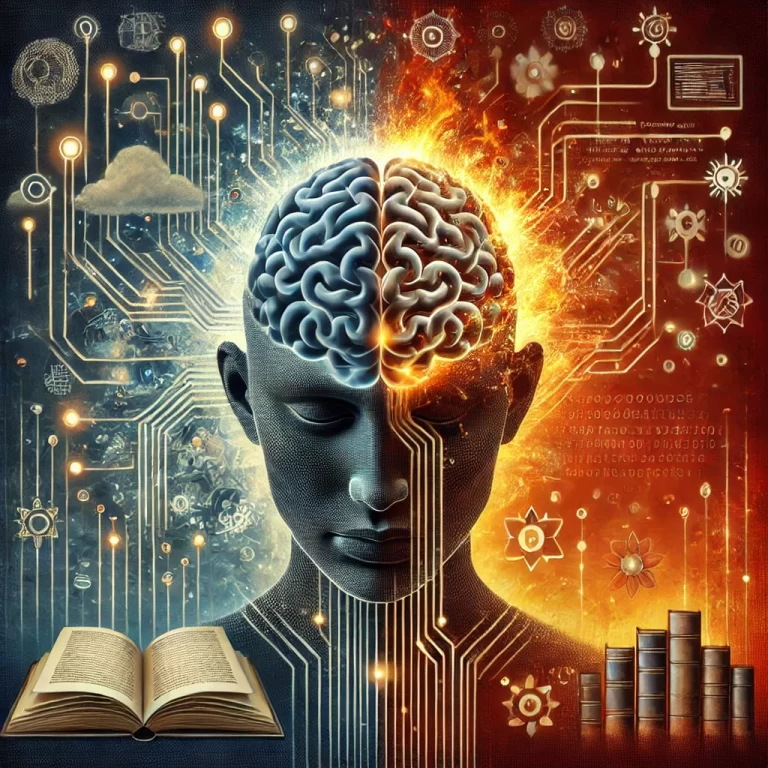The Curse of ChatGPT: 7 Shocking Truths About AI’s Impact on Us🧠
“What if the tool we use to make our lives easier is slowly making us stupid?”
Sounds dramatic, right? But hear me out.
Do you want to research, analyze, and stand out from everyone else on the entire internet?
Because I did.
After scouring the internet and gathering real-world insights, the Bhussan.com team has shared this friendly, helpful article, packed with opinions, facts, humor, and even some chatter. Welcome to the rabbit hole of ChatGPT’s Curse: Modern Wonders with a Twist of Risk.
The Magic of ChatGPT—Let’s Be Real, It’s Kinda Awesome🧩
Let’s give credit where it’s due. ChatGPT is like the genie you didn’t know you needed.
-
Need a quick meal plan? Done.
-
Want to write a resignation letter that’s spicy but professional? Got you.
-
Curious about string theory but don’t want to Google for 3 hours? Ask ChatGPT.
I mean, I use it all the time—and so do you (don’t lie).
This tech makes things fast. Efficient. Slick. It’s changing how we work, learn, and create. Students are submitting AI-written essays. Coders are copy-pasting AI-generated functions. Marketers? Let’s just say there’s a whole army of AI-written emails floating around.
But now let’s switch lenses.
What happens when we stop thinking because a machine does it for us?
What happens when original ideas get drowned in rephrased versions of existing content?
I love the tool, but I fear what it’s doing to our brains. This is the real curse of ChatGPT.

The Creative Crisis – Is AI Killing Originality?🎭
Raise your hand if you’ve read something recently and thought:
“Did a human write this… or was it ChatGPT?”
You’re not alone.
We’re seeing the rise of bland, copycat content. Blogs, product reviews, even novels are starting to feel eerily similar. Why? Because many are AI-generated, and AI can only remix what already exists.
Here’s the twist:
AI is fast, but creativity isn’t about speed. It’s about the soul.
You can’t automate heartbreak into poetry.
You can’t algorithm your way into a moment of genius.
At least, not yet.
Sure, ChatGPT can mimic style. It can even “pretend” to be poetic. But the danger is this: the more we depend on it, the more we dilute the human spark.
This is where the curse of ChatGPT begins to show—subtle, but real.

The Productivity Trap – Are We Saving Time?📉
Here’s something nobody wants to admit:
Sometimes ChatGPT makes us feel productive when we’re really just… outsourcing thinking.
-
Need a blog post? Just ask.
-
Need ideas for a startup? It’ll spit out 10.
-
Need an answer for your homework? Two seconds.
It’s addictive.
And it creates the illusion of doing more.
But ask yourself this:
Are you actually learning, growing, building mastery, or just filling the day with AI-generated filler?
I’ve been there. I’ve written entire articles using prompts, then stared at the final draft wondering why it felt… soulless.
Productivity isn’t about shortcuts. It’s about intention.
And that’s what we risk losing when we let AI lead every thought.
[Image Suggestion: A person at a desk surrounded by floating ChatGPT prompts, looking overwhelmed or disengaged. Alt Text: curse of ChatGPT productivity illusion]
Jobs on the Line – Who’s Getting Replaced?💼
This one’s uncomfortable. But it’s real.
Writers, designers, customer service agents, even coders—everyone’s feeling the pinch.
While AI might not replace you entirely, it’s changing what your job looks like. Companies are cutting down on staff because “ChatGPT can do it faster.”
That pressure? It’s real. And it creates a weird, anxious work culture where people compete against robots instead of collaborating with humans.
The upside? Humans still have the edge in empathy, strategy, and deep creativity. But we need to adapt fast.
[Image Suggestion: An office with empty desks fading into digital code. Alt Text: curse of ChatGPT job loss automation]
Education is Changing – But Not Always for the Better🏫
Remember when learning meant reading, struggling, and figuring it out yourself?
Now, students just paste the prompt into ChatGPT and boom—assignment done.
Sure, it helps students get unstuck. But over-reliance is a problem. Teachers can’t tell who’s thinking and who’s copying.
And long term? We’re raising a generation that might struggle with deep thinking and problem-solving.

Ethics and Hallucinations🤔
ChatGPT is helpful. But it also makes stuff up.
Ask it for a fact, and sometimes it spits out nonsense—with confidence.
That’s dangerous when people use AI to write news, reports, or legal advice. What if someone follows a totally wrong answer because it sounded right?
Plus, there’s the ethical stuff:
-
Who owns AI content?
-
What about bias in training data?
-
Should AI be allowed in therapy or medical fields?
These are big questions with no simple answers.
Pros & Cons Table➖
| Pros of ChatGPT | Cons of ChatGPT |
|---|---|
| Fast content generation | Can reduce original thinking |
| Helps overcome creative blocks | Makes people overly reliant |
| Saves time on tasks | Sometimes produces inaccurate info |
| 24/7 assistance | Raising ethical and job security issues |
| Boosts accessibility for many | Can flood the web with generic content |
FAQ: People Also Ask (10 Questions + Answers)❓
-
What is the curse of ChatGPT?
It refers to the potential negative impacts of over-relying on AI tools like ChatGPT, including loss of creativity, thinking skills, and job disruption. -
Can ChatGPT make us lazy?
It can. When we outsource thinking too often, we risk intellectual laziness. -
Is ChatGPT safe to use?
Generally, yes, but it can give inaccurate info, so use it critically. -
Will AI replace writers?
Not entirely, but it might change the role of writers and reduce demand in some areas. -
Is ChatGPT good for students?
It can help, but too much dependence harms learning and original thought. -
How accurate is ChatGPT?
It’s usually accurate, but it can hallucinate facts. Always double-check. -
Why do people call ChatGPT a curse?
Because it’s making some aspects of human thought, creativity, and jobs feel replaceable. -
What are some dangers of using ChatGPT?
Inaccurate info, overdependence, and ethical concerns. -
Is AI content detectable?
Often, yes. Tools can identify AI-written text. -
Can ChatGPT be used for good?
Absolutely. It can support productivity, creativity, and learning when used wisely.
Conclusion: Curse, Blessing, or Both?🎉
ChatGPT is powerful. It can write, code, explain, brainstorm—you name it.
But with great power comes… well, a weird blend of convenience and chaos.
The curse of ChatGPT isn’t the tech itself. It’s how we use it. Are we replacing thought with templates? Are we valuing speed over soul?
Here’s the deal:
-
Use ChatGPT as a tool, not a crutch.
-
Let it inspire, but don’t let it think for you.
-
Stay curious, stay human.
Want more deep dives like this? Subscribe to Bhussan.com and let’s keep it real. Also, check out this Harvard article on AI ethics for more insights.

